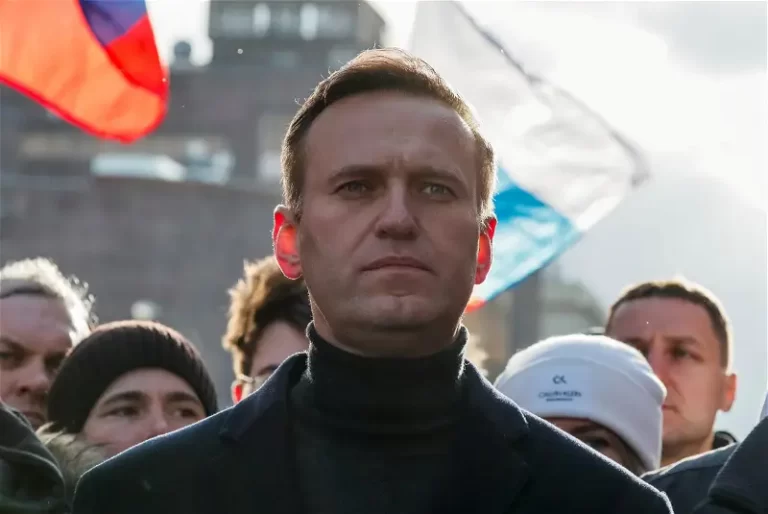
More than 40 countries on Monday, March 4, demanded an independent international investigation into the death of Russian opposition leader Alexei Navalny alleging that President Vladimir Putin bore ultimate responsibility.
European Union members, the United States, Britain, Ukraine, Australia, Canada, New Zealand and Norway were among the countries to voice outrage over Navalny’s death at the UN Human Rights Council.
Navalny, 47, died in an Arctic prison colony, last month and was laid to rest in Moscow on Friday, March 1, surrounded by crowds of defiant mourners who chanted his name.
“We are outraged by the death of the Russian opposition politician Alexei Navalny, for which the ultimate responsibility lies with President Putin and the Russian authorities,” EU ambassador Lotte Knudsen told the UN rights body on behalf of 43 countries.
“Russia must allow an independent and transparent international investigation into the circumstances of his sudden death.
“Mr Navalny’s unexpected and shocking death is yet another sign of the accelerating and systematic repression in Russia.”
The 43 countries said they were deeply concerned about the “systematic crackdown on civil society” and the repression of political opposition within Russia and abroad.
They urged Russia to immediately and unconditionally release all political prisoners, human rights defenders, journalists and anti-war activists detained for peacefully exercising their human rights and for opposing Russia’s war in Ukraine.
“We call on the Russian Federation to end this climate of impunity and create a safe environment for political opposition and critical voices,” the statement said.
They also urged Russia to “abolish its oppressive legislation and end political misuse of the judiciary”.
“Russia’s political leadership and authorities must be held to account,” said Knudsen.
“Navalny’s courage, sacrifice and unwavering commitment to the cause of justice, freedom and democracy will never be forgotten.”
The death of Navalny was announced on February 16 as the Kremlin leader campaigned to secure a new six-year term in an election in mid-March where he will face no real competition.
